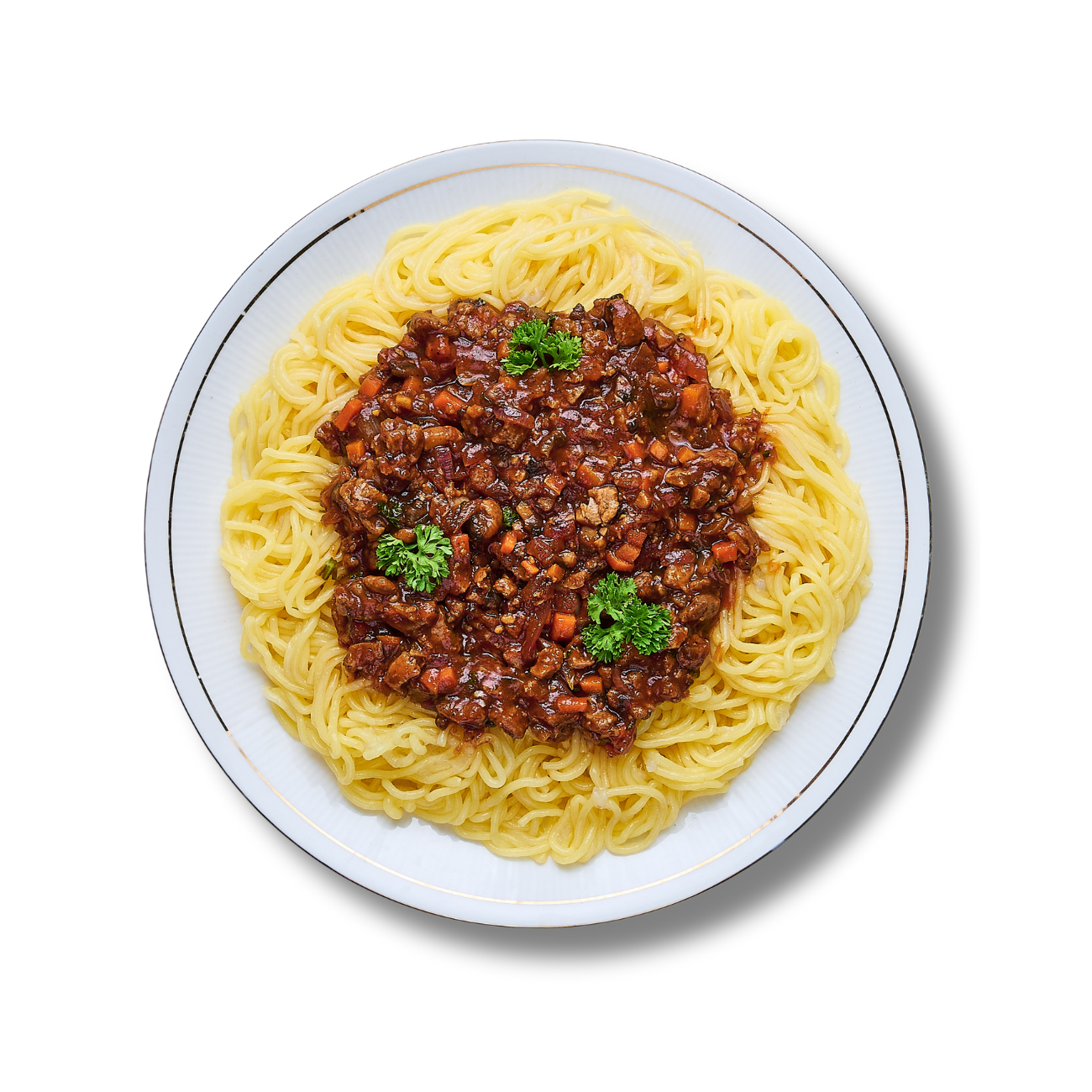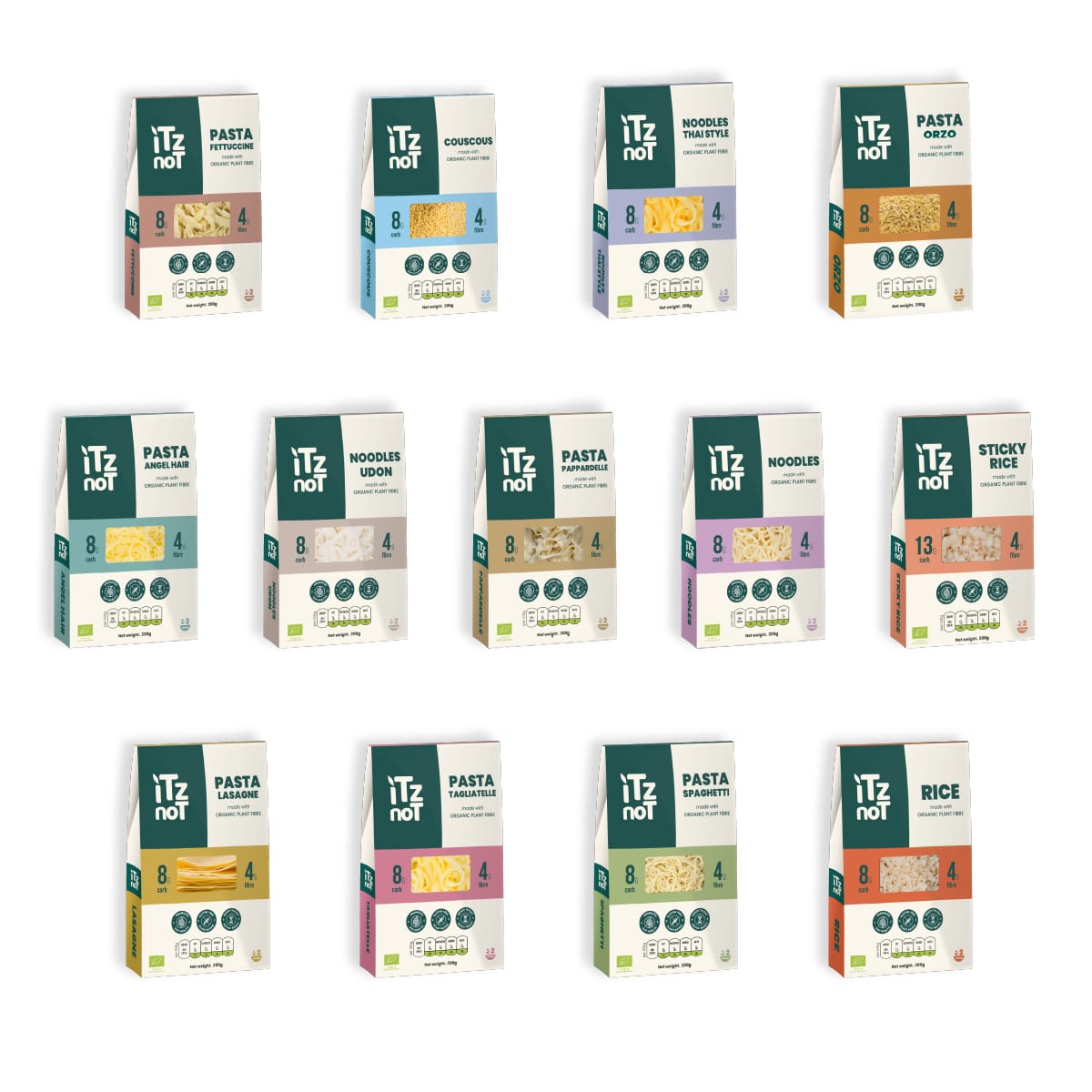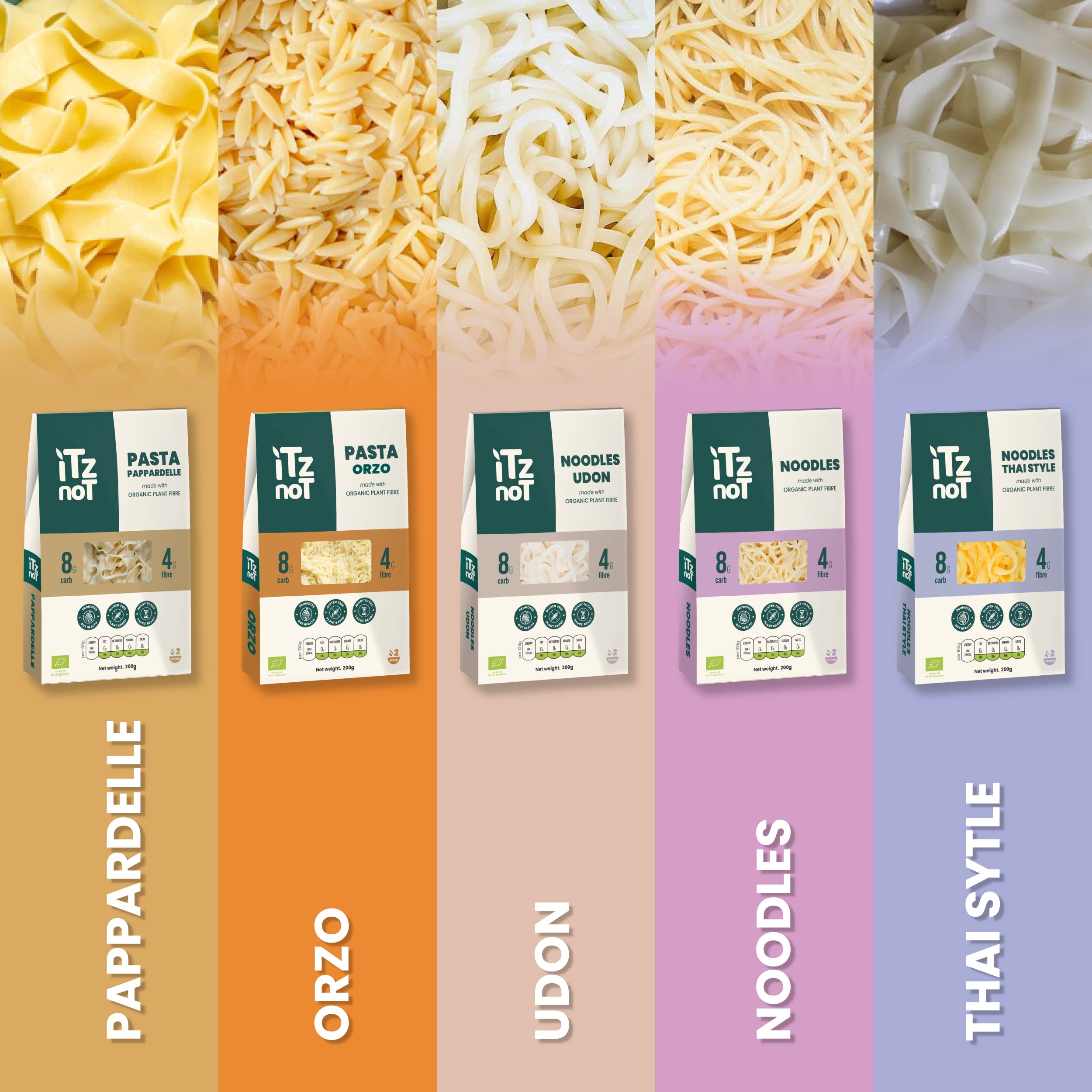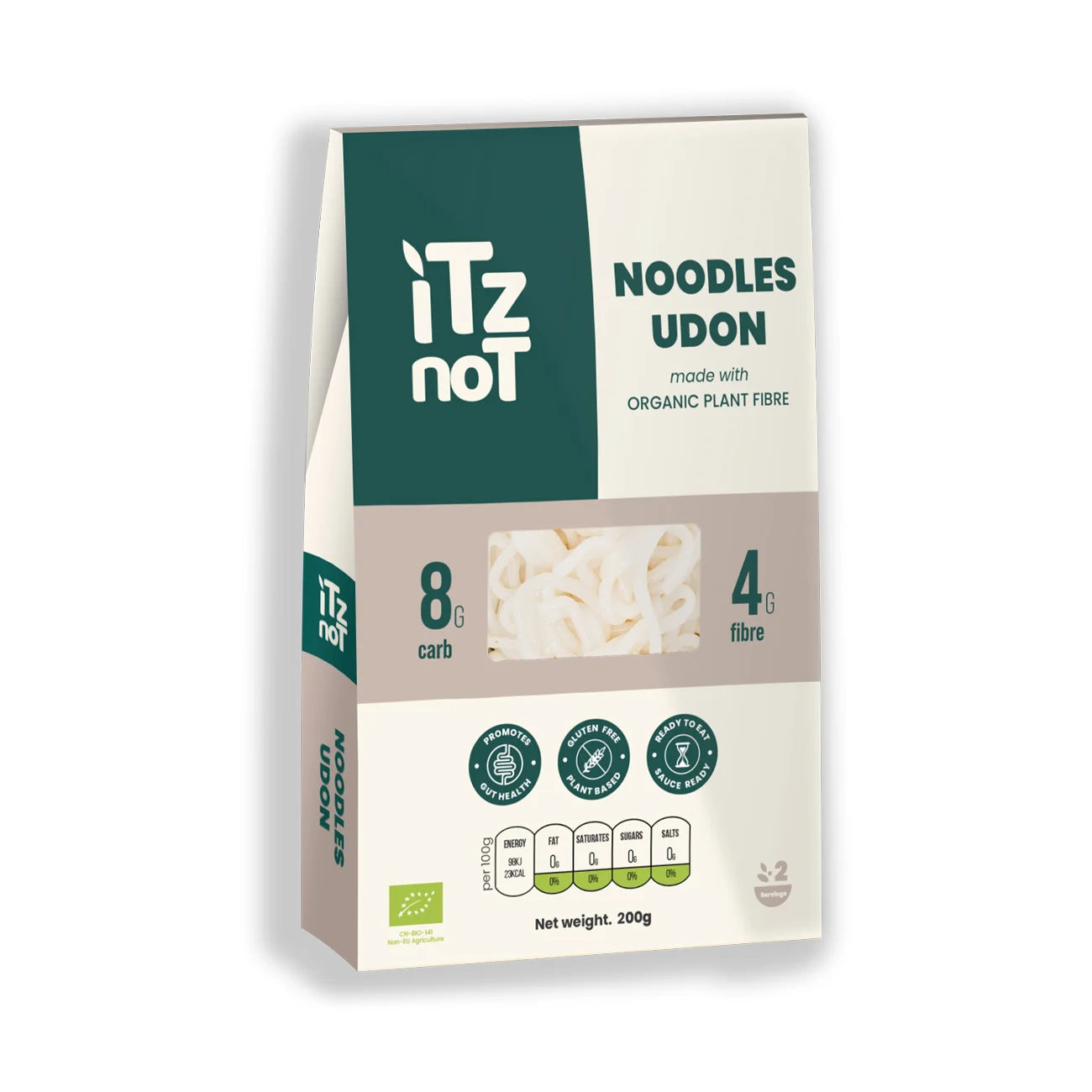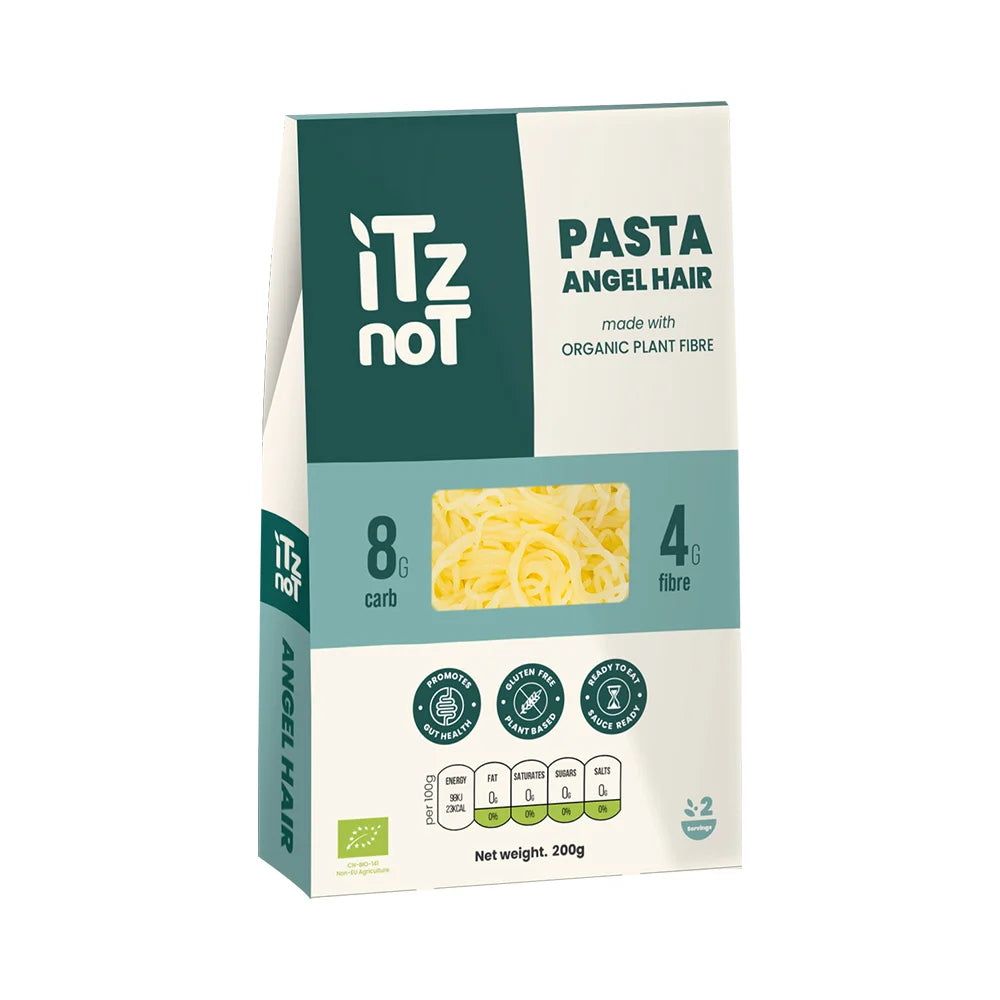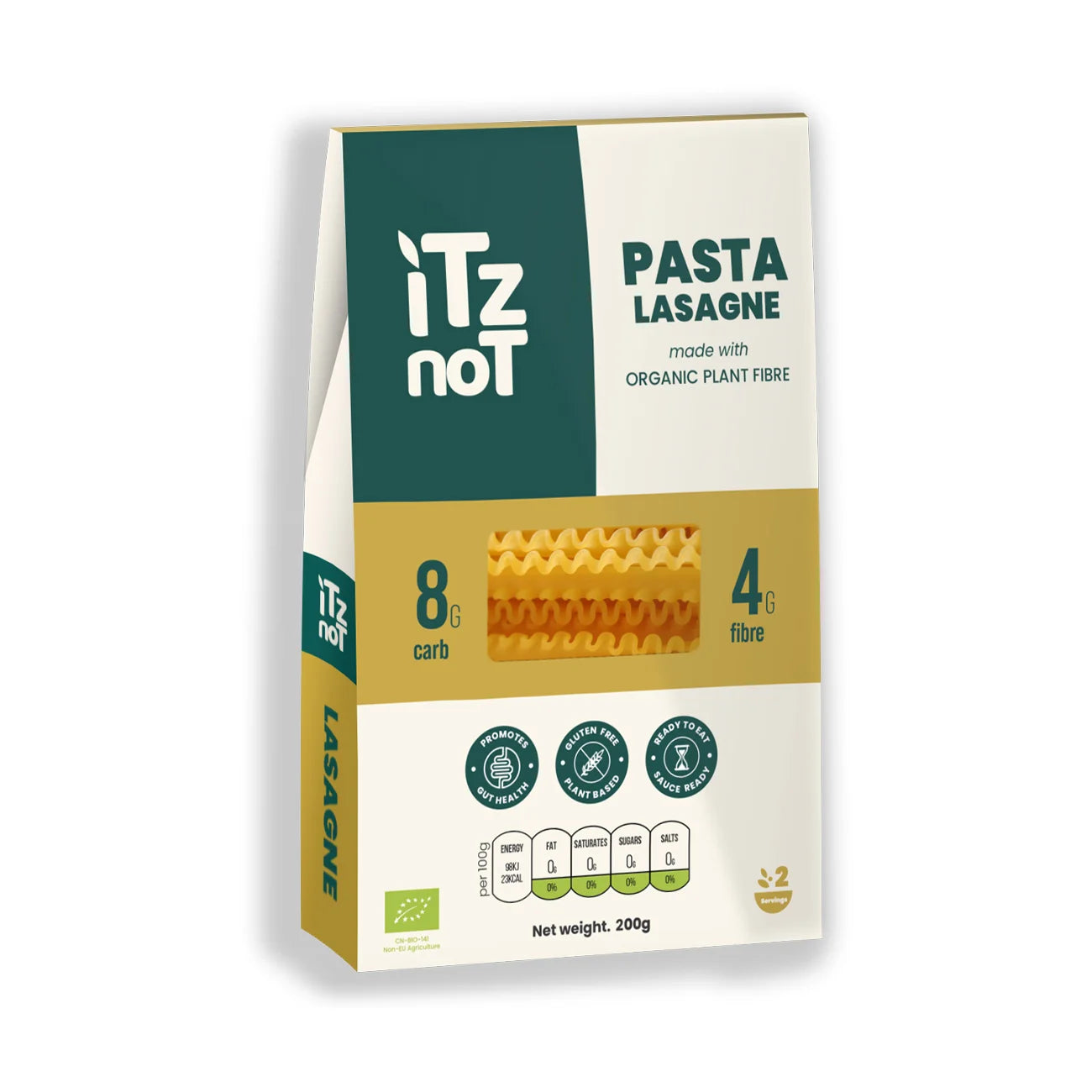
Beyond the Burger: Unveiling the Hidden Protein Powerhouses of Plant-Based Diets

Beyond the Burger: Unveiling the Hidden Protein Powerhouses of Plant-Based Diets
Although plant-based diets are booming, this myth still permeates: that they don't contain protein. This myopia, often buoyed by the plant burger craze, obfuscates the host of protein-rich plant sources. This article aims to debunk this myth so readers have a thorough understanding of plant-based protein and how to meet their nutritional needs.
What's All the Fuss About Plant-Based Protein? The Scoop
Focus more on a variety of plant foods instead of replacing animal products. It is crucial for:
- Complete Amino Acids: A well-rounded selection of plant sources offers all the essentials to fill a complete amino acid profile for your body to function.
- Muscle Recovery: Protein is vital for muscle recovery and growth. It's critical for muscle repair and development, especially for active people and people who wish to preserve their muscle mass.
- Stabilized Energy: Much like complex carbohydrates and healthy fats, protein helps to stabilize energy levels throughout the day, balancing them and helping to sustain them. Protein is key to metabolic health and regulation, helping to stabilize blood sugar and hormones.
-
Increased fullness and weight management: Protein takes longer to digest, potentially causing satiety and satisfaction that can aid in weight management by preventing excessive caloric consumption.
-
Cellular Repair and Growth: Protein is also necessary for the development of new cells and the healing of tissues, and it is critical during recovery and for overall health.
Protein as a Hidden Superhero:
Getting enough protein on a vegan diet is definitely doable, but it takes careful selection and preparation of food:
- Magic of Herbivores: Legumes, such as lentils, chickpeas, black beans, and kidney beans, are the building blocks of vegan protein. They are packed with protein and also dietary fibre, minerals, and antioxidants. Making them part of the daily meals in lovely soups, stews, salads, and dips ensures that protein is available in a steady supply.
- Grain Variety: Quinoa & More Quinoa is a complete protein with all nine amino acids. Other grains that contain protein and fibre include brown rice, oats, and whole wheat. The more kinds of grains we eat, the more nutrients we get.
- Small But Mighty Protein Power: Let's be honest. Hemp, chia, sunflower, pumpkin seeds, and all the nuts—from almonds to cashews—have tons of protein, healthy fat, and micronutrients. We use these in smoothies, salads, snacks, and baked goods.
- Soy-ified Protein Option (Tofu and Tempeh): Another high-protein food that offers tons of cooking inspiration is the soy-based staples of tofu and tempeh. They can be quickly marinated, stir-fried, baked, or put into soups and stews.
- Nutritional yeast supplementation: A tasty sprinkle Nutritional yeast is an inactive yeast that has a rich protein profile and a high quantity of B vitamins. It just adds a cheesy, Savory taste. It can be dusted on pasta, vegetables, and popcorn for a Savory hit of protein.
- Nutritional plasma (Meal planning and preparation): Protein-rich plant sources can be distributed throughout the day when meals are appropriately planned. This will help with batch cooking and meal prep.
- Trust Your Body (Nutrition Is Personal): Noticing the good and bad effects of various protein sources on energy levels, digestion , and overall sense of well-being allows people to adjust their diets based on personal experience.
The Secret To Absorption: Plant-Based Proteins in Synergy
The scientific evidence behind plant protein and health is legitimate:
- Complete Protein: The fundamental building blocks of protein in our body are the same: amino acids. By utilizing a plant source (e.g., legumes with grains), all of the essential amino acids are received as a single source (amino acid complementarity).
- Muscle Protein Synthesis: Recovery-Secretion of Absorption Muscle protein synthesis is the biological process that is responsible for tissue repair and development of muscle tissues, and in order to initiate optimal production, adequate protein intake is essential, specifically after exercising.
- Increasing Nutrient Absorption: Plant protein sources often include fibre, vitamins, and minerals, which can increase nutrient absorption and the bioavailability of your meal.
- Hormonal Leverage: Metabolic Homeostatic Promotion: Protein serves as a primary regulator of essential hormones that need to function optimally for metabolism and are involved in muscle growth, trauma recovery, and energy homeostasis.
- Micronutrient Synergy: Enhancing Cellular Function: Plant-based protein sources are often a mix of vitamins and minerals that serve to co-function several cellular functions.
Further Reading: A Plant-Powered Diet Made for Our Time: But, where's all of the protein?
A healthy staff is a productive team and makes people more present at work as well as happy to work there. Only if they are aware of the biologically relevant and diverse functions of plant proteins and moderate dietary practices will this be the case. A whole rainbow of colourful and nutrient-dense plants is a long-term investment in health and vitality. This is the type of wisdom not just in fashion but truly embedded at the root of sustainable and ethical living. So, fill your plates with that protein-rich plant-based stuff and get the overall health and well-being you deserve!



